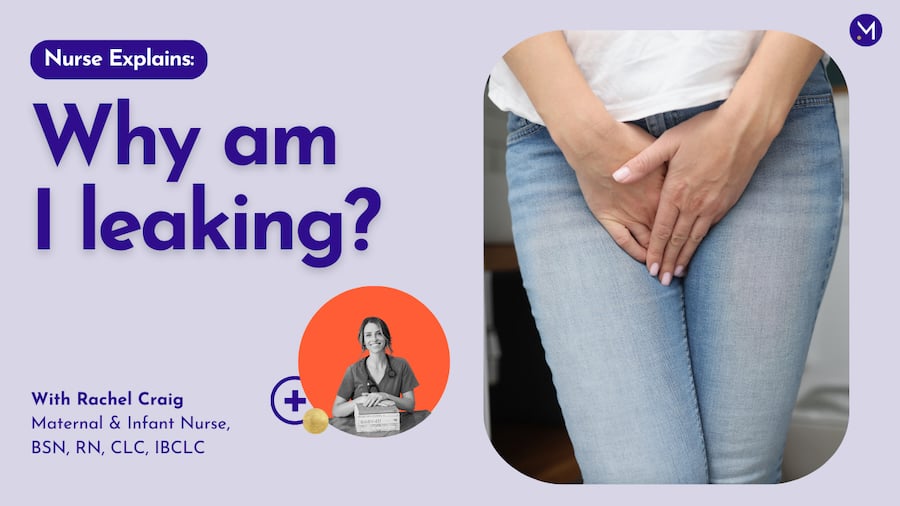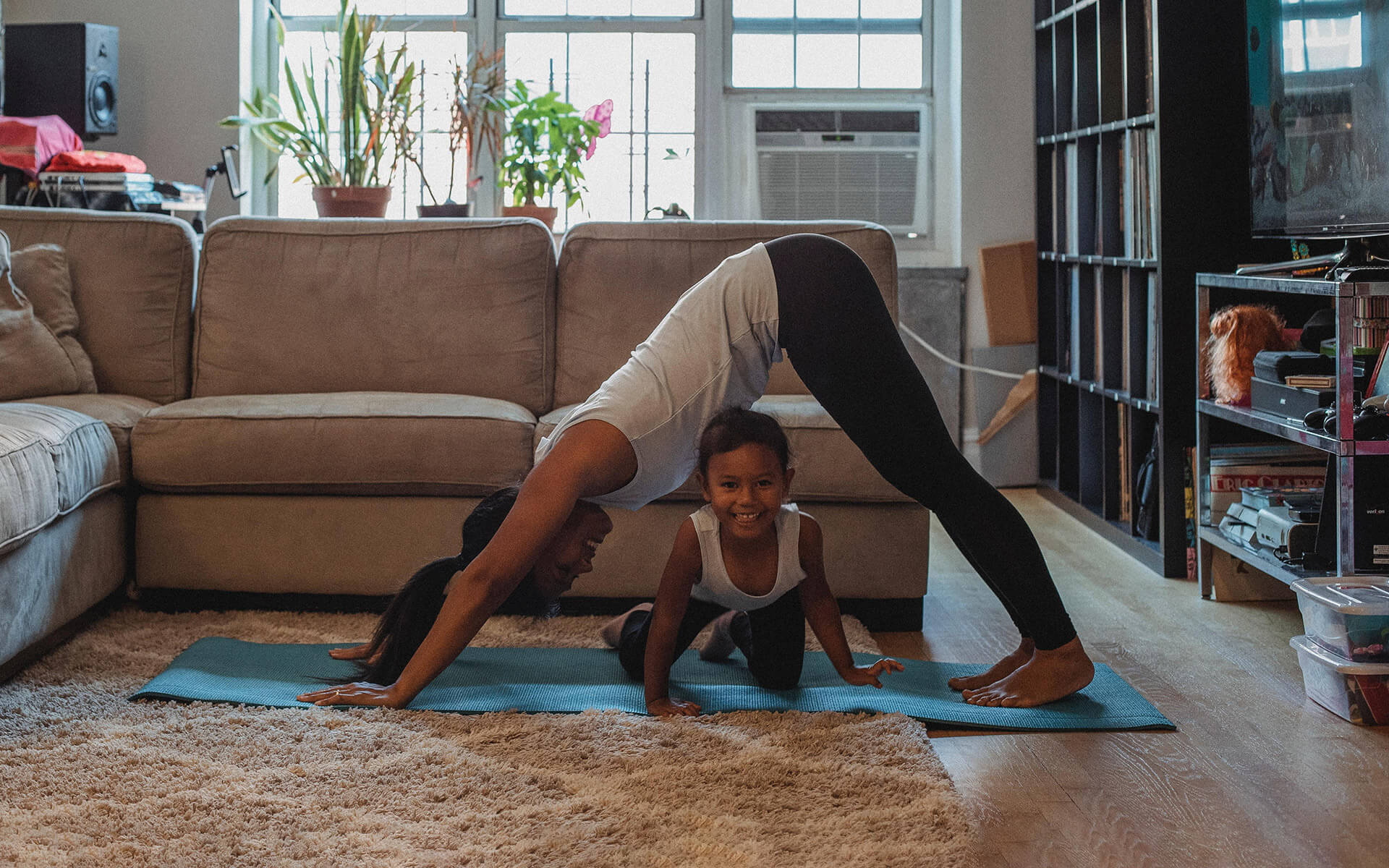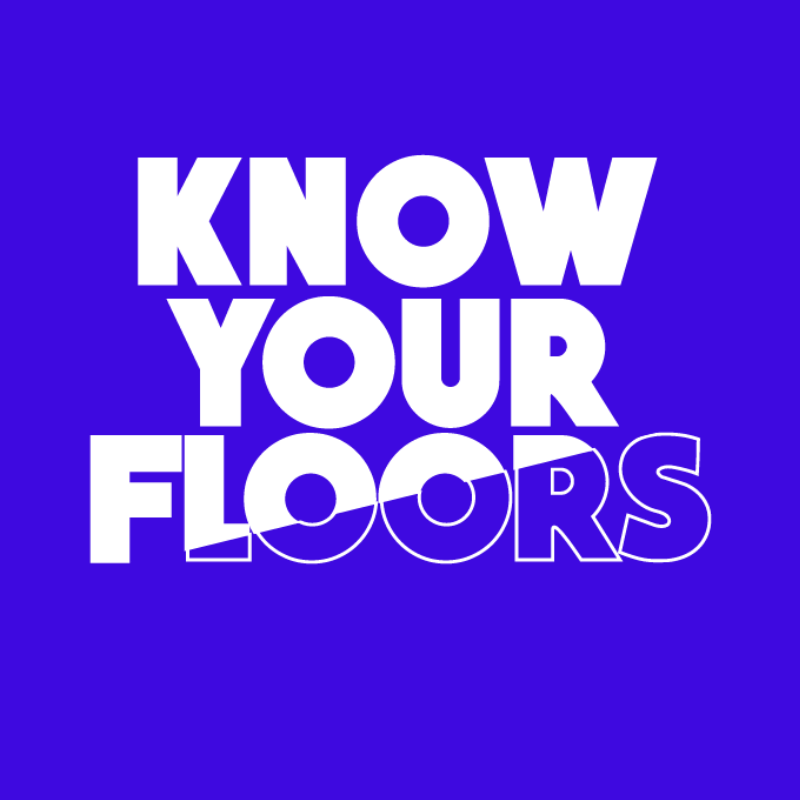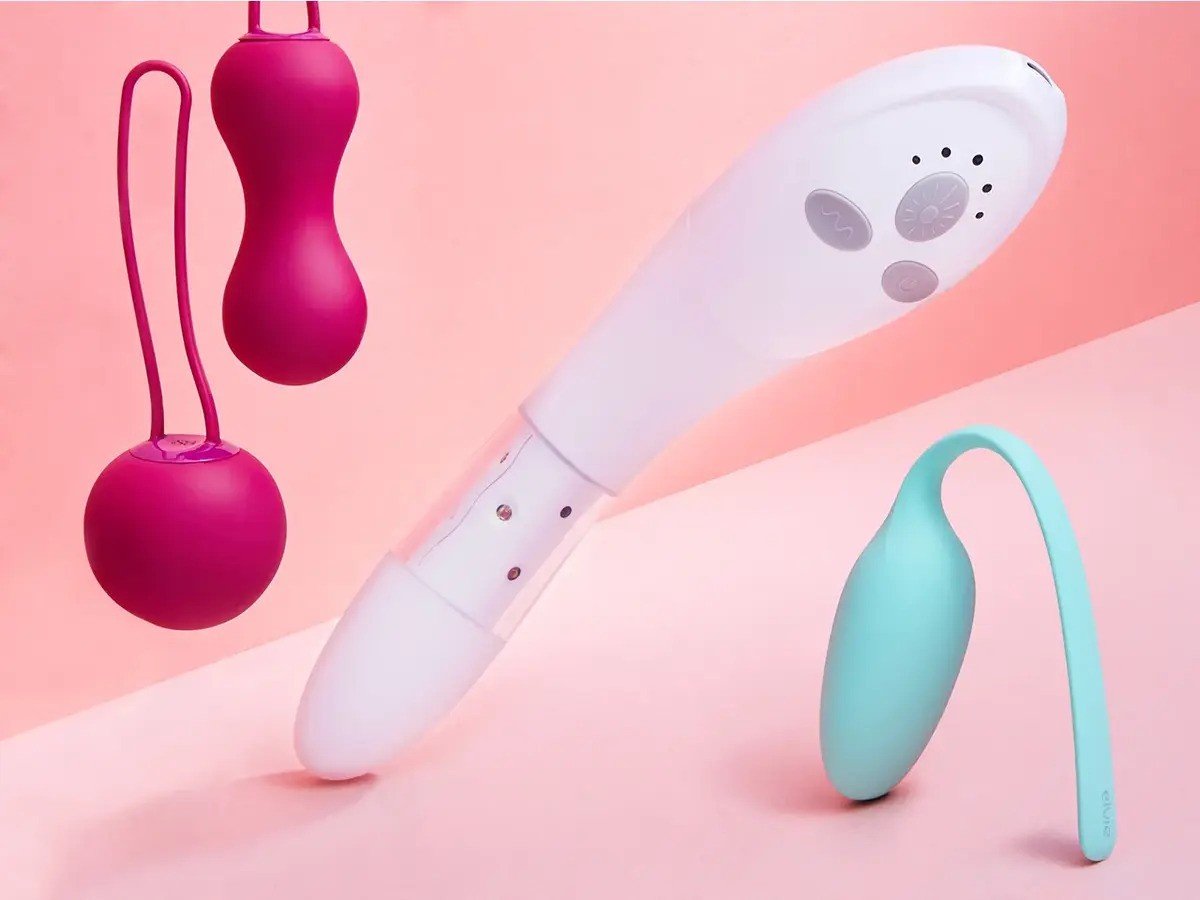Hi, I’m Rachel Craig, I’m a maternal/infant registered nurse , and lots of mothers ask me why bladder leaks happen after childbirth.
So in this video, I’m going to answer that question and help you with a few ways to take back control of your bladder so you’re not peeing yourself when you laugh, cough or sneeze! And most importantly, you can get back to living without worrying about bladder leaks.
We often hear ‘bladder leaks’ and the medical term is urinary incontinence.
5 reasons why postpartum incontinence is so common
So here are five reasons why bladder leaks happen and what you can do about it:
Weakening of the pelvic floor muscles
The pelvic floor muscles are a group of muscles that support the bladder, the uterus or the womb, and the rectum. During pregnancy, the weight of the growing baby puts pressure on these muscles, which can weaken them. Childbirth can also further weaken the pelvic floor muscles.
The good news is you can strengthen your pelvic floor muscles with specific exercises like those found in MUTU System, which is clinically approved to help mums recover after childbirth.
Hormonal changes
During pregnancy, the body produces higher levels of the hormone relaxin, which relaxes the muscles and the tissues in the pelvis. This makes it easier for the baby to pass through the birth canal, but it can also weaken the pelvic floor muscles.
This is natural and temporary, so after childbirth, you can start to strengthen the pelvic floor muscles to help you control your bladder again.
Tearing or damage to the pelvic floor muscles
During a vaginal or instrumental birth, the pelvic floor muscles may be torn or damaged due to the force of contractions or from interventions such as ventouse or forceps. This can further weaken the muscles and increase the chance of bladder leaks.
It’s important for you to be kind to yourself and give yourself the time you need to recover, especially if you have a difficult pregnancy.
Wounds need time to heal, and you do not need to jump back into lifting weights or running. Do not put pressure on yourself to lose weight – eat to fuel your body and recover fully.
You should use an incontinence pad like TENA rather than a period pad to catch bladder leaks while you are recovering. When you feel ready, and you are no longer in pain, start to go for walks and do gentle exercises like MUTU to rebuild your strength in your pelvic floor muscles.
Overstretching of the bladder
During pregnancy, the bladder can become overstretched as the baby grows. This can make it more difficult for the bladder to hold urine, which can lead to leakage.
After childbirth, your bladder should slowly shrink back to the size it was before you gave birth.
This can take some time, and you can again use incontinence pads like TENA to help catch leaks. But remember, this is a temporary solution, so you want to think about doing pelvic floor exercises to help build up your pelvic floor muscles to support your bladder as a more long-term solution.
Increased pressure on the bladder
During and after childbirth, you will feel pressure on your bladder from the womb being larger than usual, which can make it more likely to leak urine.
And just like your bladder, your womb will get smaller again after you give birth. So when you feel ready, you can start exercising to build your pelvic floor muscles to support your womb.
Now in most cases, bladder leaks after childbirth will improve over time, but this is not always the case.
Check out our MUTU System YouTube channel for more on this or read our 8 tips on how to handle bladder leaks after giving birth article for more tips.










